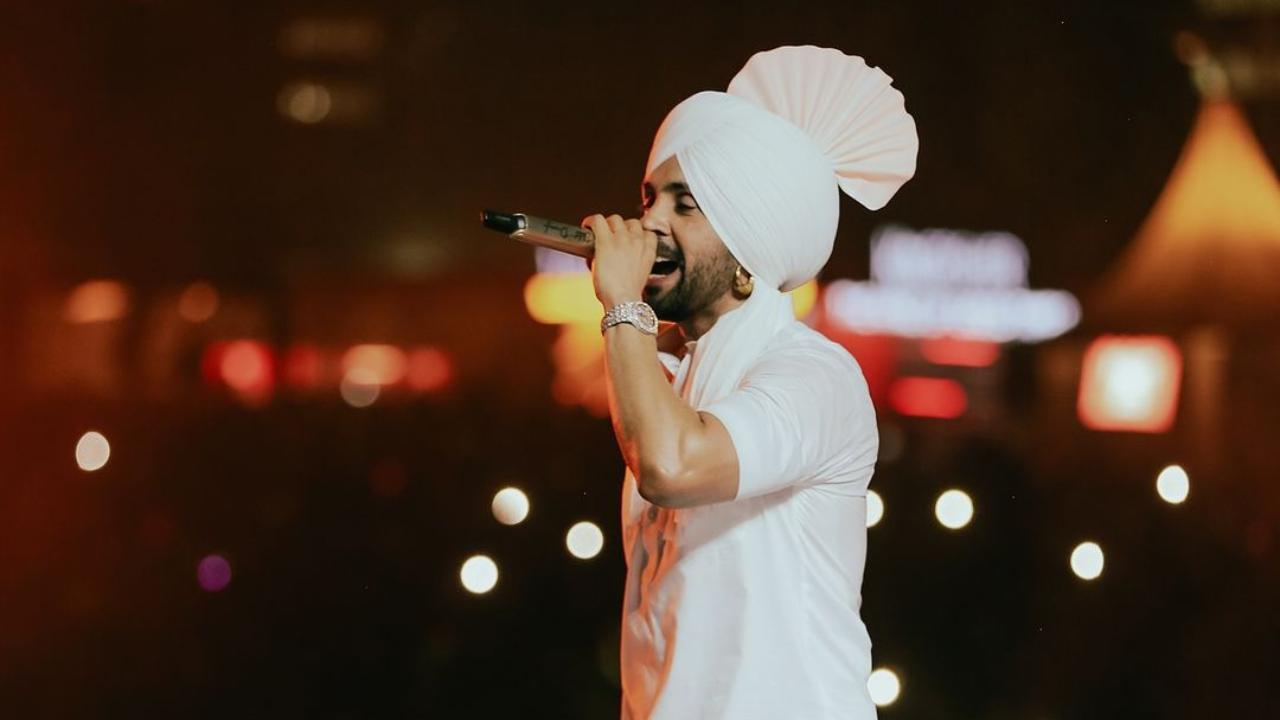
This fall, dozens of great movies were showcased at the top film festivals across the globe, and many of those that screened at Venice, Telluride, Toronto, New York, and AFI Fest will shape the awards season over the next three months. The very best reviewed of these (higher on Metacritic than “The Brutalist,” “Anora,” and “Nickel Boys,” or any other documentary that premiered) is “No Other Land,” a film that would appear destined for an Oscar nomination for Best Documentary. If only it could find a distributor.
What “ No Other Land ” documents, with a clear-eyed bravery of filmmakers willing to risk their lives and freedom to capture it, is how rural Palestinian communities, that have existed for generations in the West Bank, are unable to live the simplest existence. We watch their homes get knocked down by the Israeli military, and how as they desperately try to salvage their possessions they are faced with the impossible decision to flee the only life they’ve ever known, or try to rebuild and risk the same result. For co-director Basel Adra , 28, who grew up in the small town of Masafer Yatta, it’s a struggle that has dominated his adult life.
When Adra, along with co-director Yuval Abraham , was on the Toolkit podcast he talked about life in his small farming community. “Masafer Yatta is completely under the Israeli military control. If we want to build a home, we need the permission,” said Adra.
“In the past decade, Israel has made our life in these areas unlivable, preventing people to have clean water to drink, water for their animals, preventing people access to land where they can cultivate and feed their animals, preventing people to have homes or schools.” The Israeli military states they need the land for military training purposes, as targets are put in nearby roads for tanks to fire upon, and soldiers raid homes and issue warnings to vacate with little warning. In the film, we see Adra, a journalist, lawyer, and activist, grab his camera in 2019 and start to film the arrival of tanks following the conclusion of a 22-year legal proceeding over the military’s ability to seize land.
An idealistic Adra viewed the camera as the powerful tool that would enable him to stop the invading forces, supposing, as he approached the tanks with his camcorder, that once the United States sees what is happening in the West Bank they will stop the Israeli military. “I still believe that if there will be a change it must come from here, from this power,” said Adra while he was in New York for NYFF. Making reference to the U.
S. government’s funding and military support of Israel, he added: “We really want people to see what their money is doing to us.” While on the podcast Adra went into detail about just how dangerous it is to film such conflicts.
One example he shared, the day before the film premiered at NYFF in late September, his father was arrested, blindfolded, handcuffed, and made to sit in the blazing sun after Adra’s sister took a photo of a soldier with their father’s phone — a law making it illegal to photograph or videotape the military failed to pass the Israeli legislature, but according to the filmmaker the military often acts with impunity in punishing those who do. It’s been a risk worth taking for Adra and Abraham in order to get those images to the U.S.
This is also why, now that the film has been so universally praised, their inability to find a distribution partner has been frustrating. Starting last week, in partnership with Lincoln Center, “No Other Land” received a week-long Oscar-qualifying run in New York, with the hope it could generate enough awards buzz to move the distribution needle. Abraham expressed a sense of urgency considering the crisis of humanity in the West Bank, and why they didn’t want to wait for less politically fraught times to release the film.
“It’s a crime if it’s not out there to be seen, to spark conversations,” said Abraham. “Maybe some distributors are afraid to engage with the topic of Israel and Palestine, but isn’t this why we’re making documentaries , to spark [conversations]? Even if you label this as politically sensitive, I think anybody who watches the film leaves it feeling there’s a very deep truth in the film.” Abraham, an Israeli journalist, had been frustrated coming to report on regions mired in violence and destruction to interview the people who suffered.
The decision to be on the ground, as well as joining forces with Adra to make the documentary, was driven by that need to capture what it was like to live through such fear and apprehension on a daily basis. “In the morning, when the community wakes up, you [have] little children looking at the road and seeing this line of cars approaching the community,” said Abraham. “It’s always two bulldozers, three white cars, and then large military jeeps, and they move in a straight line, and you never know where they’re going to turn, into which village, because Israel deems anything Palestinians build in that area, even though they’re on their lands, illegal.
This feeling of dread, you watch this convoy, and you don’t know, will it be your turn.” “No Other Land” is a lean 90-minute film that doesn’t get sidetracked by the decades of political and historical complexities that led to the current situation. Instead, it focuses on the human story of those living in these conditions.
The documentary was filmed and largely edited prior to Hamas’ brutal terrorist attack on October 7, 2023, and the subsequent year-long war in Gaza, but Abraham acknowledged putting the film out in a post-October 7 world (the film premiered at the Berlin Film Festival in February 2024) has been a challenge. The “No Other Land” team immediately knew the events of October 7 would impact their film, and on October 9, after working on the film for five years, gathered to discuss. “I was thinking of the Israeli society, after the trauma that society went through, why would they want to watch something else?,” said Abraham.
“And then the atrocities in Gaza and the amount of people dying, it was so dramatic that I was thinking, ‘How does [our film] fit into all of this?’” Abraham said he wondered if the film would need to be delayed, but as the death toll continued to grow, and six West Bank communities were forced to flee entirely, his thinking changed. “I think as the months passed, we realized how wrong we were and how urgent the film is,” said Abraham. “You look at the amount of death and suffering and you ask yourself, ‘How can the world allow this to continue? And why isn’t there a political solution that will change it?’ And our film really is, in a way, a plea calling for this political solution.
” Each of the four remaining screenings at Lincoln Center, following yesterday’s election, are sold out. A sign the film is not only timely, but is registering with more than just critics. It’s a powerful combination for a distributor with guts.
.














